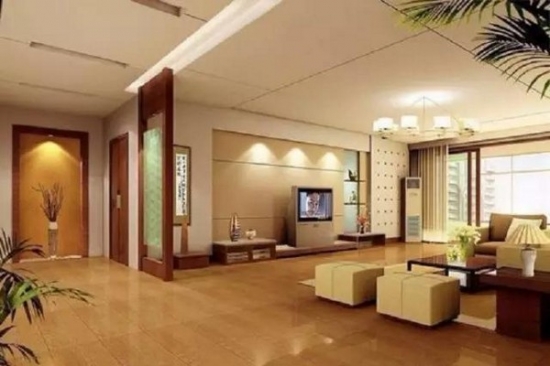In China, the concept of a fresh air system was introduced from abroad, and people have been using it since the early days. In 1956, if you were in the UK, you would notice that nearly every household had at least one or two fresh air systems installed. By 2008, Japan had already sold 15 million units of fresh air systems, making them a standard feature in homes. Today, in the United States, installing a fresh air system is as common as buying a television or refrigerator. Even without opening the windows, indoor air remains fresh and clean. This makes us realize how vulnerable our indoor air environment can be.

Despite this, the popularity of fresh air systems in China remains relatively low. Following the SARS outbreak in 2003, regulations required the installation of new ventilation systems in public spaces such as hospitals, schools, and kindergartens. However, to this day, there are no specific legal requirements for office buildings or residential homes to install a home fresh air system. According to statistics, around 99% of homes in China currently lack such a system. Compared to other countries, the indoor environmental standards in China seem less strict.
The household fresh air system market abroad has a long history, particularly in Europe, Japan, and the United States. These regions, despite having better outdoor air quality and fewer smog issues, have high adoption rates for fresh air systems. In some places, it's even legally required to install them.
It’s important to note that although the term "fresh air system" is used globally, the application varies depending on local conditions. In many foreign countries, "fresh air" mainly refers to ventilation and reducing indoor carbon dioxide levels. However, this approach isn’t fully applicable in China, where air quality is significantly worse due to PM2.5 and other pollutants. Therefore, Chinese fresh air systems need to not only reduce CO2 but also filter out harmful particles effectively.
Traditional domestic fresh air systems often use basic filters that only block larger particles, requiring frequent replacement and offering limited effectiveness. As awareness of indoor air quality grows, there is an increasing demand for more advanced systems that cater specifically to China’s environmental conditions.
With the 19th National Congress of the Communist Party of China emphasizing the nation’s path toward great rejuvenation, the gap between China and developed countries is narrowing. While air conditioning has become a daily necessity, it has also brought about issues like “air conditioner disease,†leading many to avoid using it. In response, improved versions of fresh air systems are becoming more tailored to the Chinese environment, gaining popularity and gradually becoming a must-have for modern households.
silicone fiberglass sleeve, silicone rubber fiberglass sleeving, silicone coated fiberglass sleeving, glass fibre sleevingfiberglass silicone sleeve
Dongguan Zhonghe Electronics Co., Ltd. , https://www.zhonghesleeving.com
